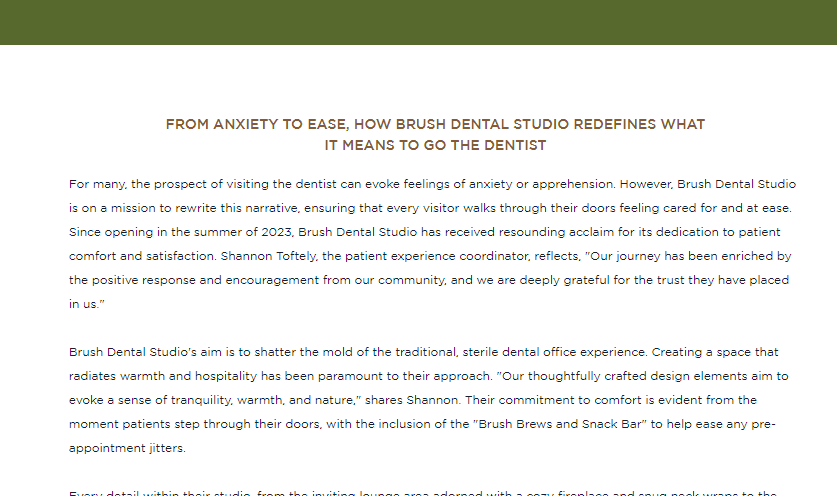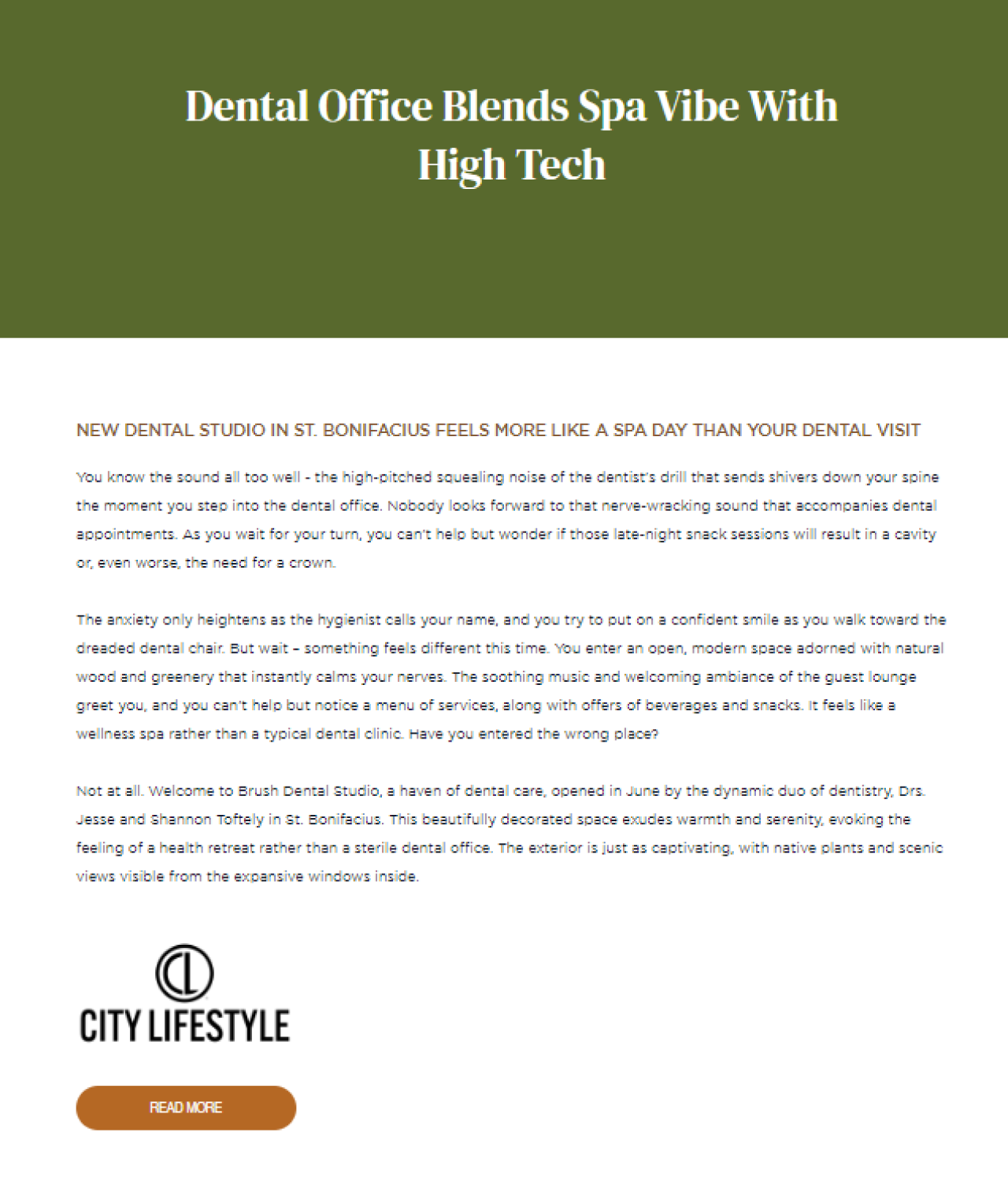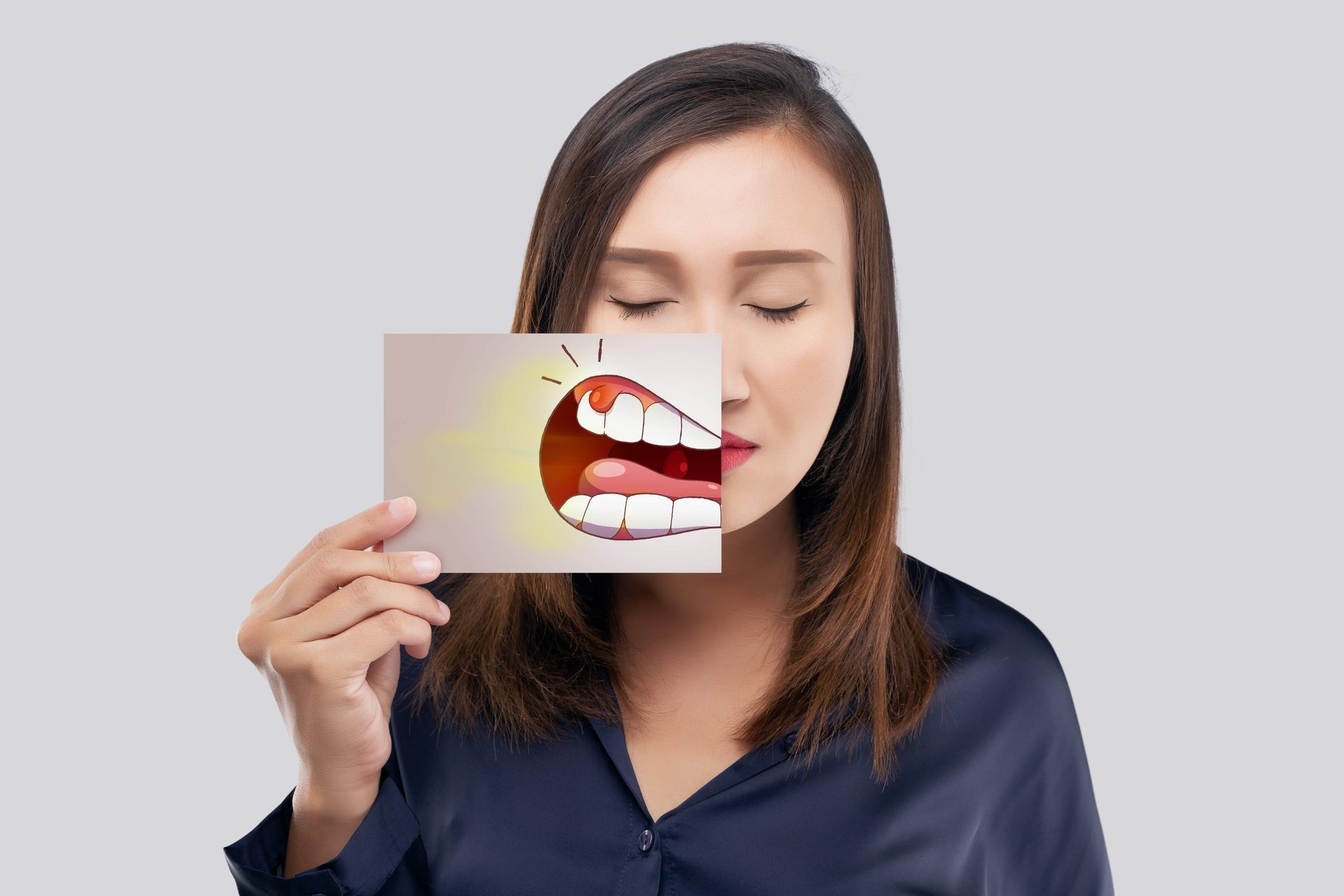Understanding Obstructive Breathing Disorders: Causes, Symptoms, and Treatment Options
As a dentist, I do encounter patients with obstructive breathing disorders. These conditions can affect the quality of life by causing breathing difficulties during sleep or daily activities. Obstructive breathing disorders can range from mild to severe and can be caused by a variety of factors.
Obstructive breathing disorders occur when there is an obstruction in the airway that prevents air from flowing freely. The most common type of obstructive breathing disorder is obstructive sleep apnea, which occurs when the muscles in the throat relax during sleep, causing the airway to narrow or close completely.
Other types of obstructive breathing disorders include chronic obstructive pulmonary disease (COPD), asthma, and bronchitis. These conditions can be caused by factors such as smoking, exposure to pollutants or irritants, and genetics.
Symptoms of obstructive breathing disorders may include snoring, gasping or choking during sleep, daytime fatigue, shortness of breath, wheezing, and coughing. If you are experiencing any of these symptoms, it is important to seek medical attention as soon as possible.
Now, let's take a look at some frequently asked questions about obstructive breathing disorders:
How are obstructive breathing disorders diagnosed?
Obstructive breathing disorders are typically diagnosed through a combination of medical history, physical examination, and diagnostic tests such as a sleep study or pulmonary function test.
What are the treatment options for obstructive breathing disorders?
Treatment for obstructive breathing disorders may include lifestyle changes such as weight loss, quitting smoking, or avoiding triggers such as allergens or irritants. Medical treatments may include medications, oxygen therapy, or continuous positive airway pressure (CPAP) therapy for sleep apnea.
Can dental treatments help with obstructive breathing disorders?
Yes, certain dental treatments such as oral appliance therapy may be helpful for some patients with obstructive sleep apnea. These appliances are custom-made to fit over the teeth and hold the jaw in a forward position to keep the airway open during sleep.
Can obstructive breathing disorders be cured?
While there is no cure for obstructive breathing disorders, they can be managed effectively with proper treatment and lifestyle modifications. With proper management, most patients can experience significant improvement in their symptoms and quality of life.
Are obstructive breathing disorders dangerous?
Untreated obstructive breathing disorders can be dangerous, especially if they are severe. They can lead to complications such as high blood pressure, heart disease, stroke, and even death. It is important to seek medical attention if you suspect you have an obstructive breathing disorder.
In summary, obstructive breathing disorders can significantly impact quality of life and can be caused by a variety of factors. It is important to seek medical attention if you are experiencing symptoms of an obstructive breathing disorder. With proper diagnosis and management, most patients can experience significant improvement in their symptoms and quality of life.
Learn More








